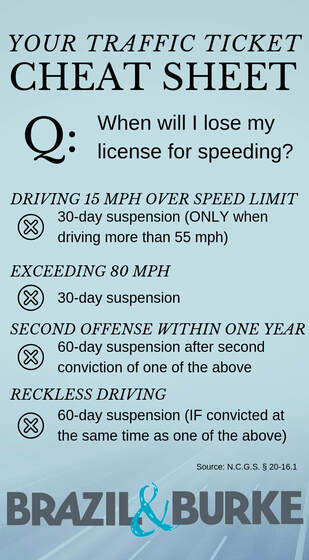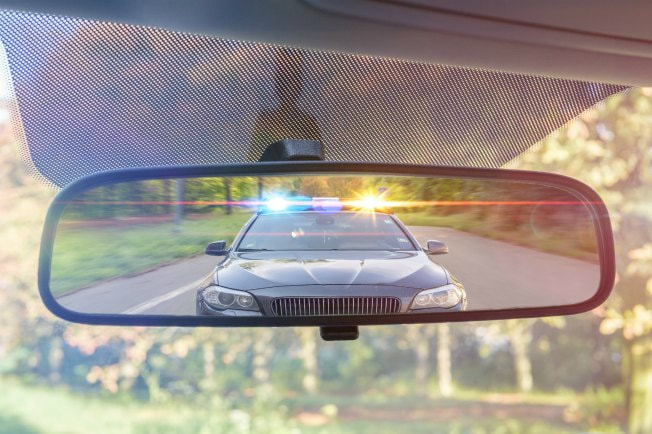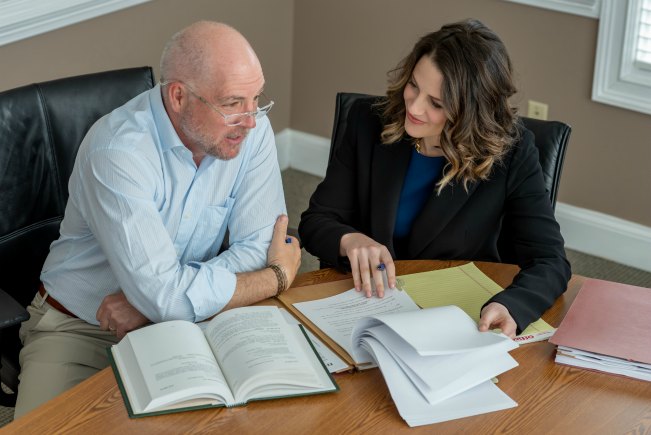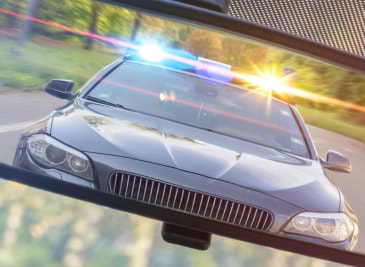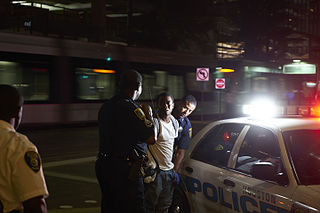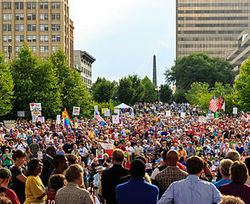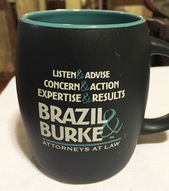|
Margaret Teich is an attorney representing clients from all over Western North Carolina in a variety of criminal cases, like speeding, reckless driving, possession of marijuana, simple assault and more. The call comes at least once a week: A driver was just keeping up with traffic on 240 in Asheville or driving down Cowee Mountain. |
Soon, she saw blue lights in her rear-view mirror; a State Trooper clocked her going 70 mph in a 55 mph zone.
When she gets home, the driver searches “should I pay a ticket or get a lawyer” and reads a bunch of websites saying she will lose her driver's license because she was speeding 15 mph over the speed limit.
Tip #1: When you will lose your license for speeding (and when you won't)
"Will I lose my driver’s license for driving 15 over the speed limit?"
Almost every person who calls us asking this question has never had a traffic ticket before.
Let’s take a look at the NC law on excessive speeding:
[T]he Division [of Motor Vehicles] shall suspend for a period of 30 days the license of any driver without preliminary hearing on receiving a record of the driver's conviction of either
- exceeding by more than 15 miles per hour the speed limit, either within or outside the corporate limits of a municipality, if the person was also driving at a speed in excess of 55 miles per hour at the time of the offense, or
- driving at a speed in excess of 80 miles per hour at the time of the offense.
The most important words here are “exceeding [the speed limit] by more than 15 miles per hour.” The most common speeding tickets we see are infractions involving speeds 15 mph or less over the speed limit.
Speeding 80 in a 65 mph zone, 70 in a 55 mph zone, or 60 in a 45 mph zone means a person is not a risk because it’s not more than 15 mph over the speed limit.
So, when can I lose my NC driver’s license for speeding?
Every client’s case is different. Even if you meet one of the criteria listed in our NC license suspension infographic, it’s likely that a lawyer can help avoid losing your driving privilege.
|
Reckless or aggressive driving and license suspension A conviction of reckless driving can result in an immediate suspension. In addition, your insurance rates will nearly double for three years. The expense of a reckless driving ticket could make it next to impossible for you to continue driving even when your driving privilege is restored. Tip #2: Don’t pay that ticket without a lawyer!Your driver’s license will only be suspended for speeding if you are convicted. You are convicted once a judgment of guilty is entered against you - not before. |
Paying traffic tickets in NC without getting a lawyer
One mistake many people make is paying the fine listed on their ticket. You might see the fine, often something as low as $218.00, and think, “Why should I pay a lawyer to handle this ticket for me?”
Once you pay that ticket, you are accepting the guilty conviction. You are pleading guilty to the speeding charge by paying it.
A lawyer can help negotiate a plea for speeding that won’t result in a suspension, or leave you vulnerable to hikes in your auto insurance premium.
North Carolina’s Safe Driver Incentive Plan standardizes increases in insurance rates for speeding tickets. This plan allows an 80% increase in your insurance rates if you are convicted of certain speeding offenses. Some convictions, like driving with a suspended or revoked license, can increase your insurance rates by nearly 200%.
Tip #3: Don’t plead guilty to speeding until you pull your NC driving record.
When is the last time you had a traffic ticket?
This is a question we ask every single client. In many cases, we don’t have an accurate picture of a client’s driving history until we receive their driving record.
Every one of our clients has a different story. People of all ages come to us with traffic tickets, from parents with kids, to teens who still have their provisional licenses, to retirees who have permanent revocations.
There are a lot of reasons why a traffic ticket in your past might have slipped your mind. You might have hired a lawyer to take care of it and forgotten about it once it was resolved. Your could have forgotten your traffic court date, which may have been scheduled months after you got your ticket.
These forgotten tickets can cause a chain reaction of DMV points, license suspension and even permanent revocation if you plead guilty to a traffic ticket without your driving record.
License suspension after accruing 12 DMV points
You might have a fuzzy recollection of how many tickets you’ve had, what reductions you’ve gotten, and how many points you have on your license.
Do DMV points stay on your license for two years or three years? Did you get those Madison County speeding tickets two years ago or three years ago?
Under the NC Safe Driver Incentive Plan, your driver’s license can be suspended for a period of three years if you receive 12 points or more on your driver's license within a three-year period.
Traffic record points add up. So if you aren’t sure exactly when you received those traffic tickets, it’s best to consult an attorney before paying for your current ticket.
License suspension after failure to appear or failure to comply
When you get a traffic ticket in North Carolina, you’re usually given a court date that is at least one month away; some counties, like Madison or Henderson Counties, often set court dates two months or more in the future.
If you don’t show up for court, North Carolina’s failure to appear statute directs the DMV to revoke your license 60 days after you fail to appear for a traffic ticket. You can also lose your license if you do not pay for traffic fines and court costs. The DMV will mail you a letter warning you about your pending revocation.
However, students and other people who have to relocate every couple of years often overlook updating the address on their driver’s license. You may never receive the letter warning you about your license revocation. The end result of your speeding ticket could be a license revocation.
Contact a WNC traffic attorney for help
Without the advice of an attorney, a simple speeding ticket could be a pitfall resulting in the loss of your license.
Our attorneys will go to court on your behalf; most people do not need to appear at their traffic court dates when they hire us. We also obtain your complete driving record before attempting to resolve your case, ensuring that you will not be surprised by forgotten tickets from a couple of years ago.
If you have questions about whether your ticket is going to cost you your license, contact our Asheville traffic ticket attorneys for help instead of taking a chance and paying for the ticket. We will evaluate your case and make a plan to move forward to protect your driving privilege and to keep your insurance rates low.

